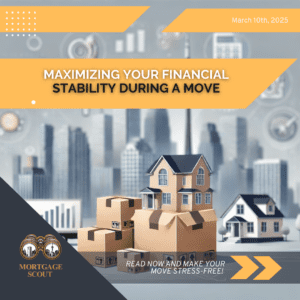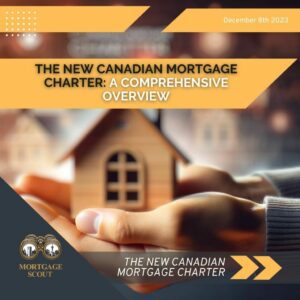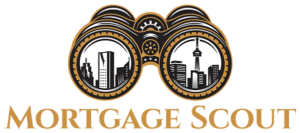
Did you know? Approximately 15%+ of Canadians are self-employed, making this an important segment in the mortgage and financing space. When it comes to self-employed individuals seeking a mortgage, there are some key things to note as this process can differ from the standard mortgage.

For self-employed individuals with an established business seeking best rate financing, the business must have a minimum of two years of history. This includes self-employed applicants who own a full or part-time business and covers sole proprietorships, incorporations, and partnerships.
In order to obtain a mortgage when self-employed, most lenders require Revenue Canada personal tax Notices of Assessment and respective T1 Generals be included with the mortgage application for the previous two years. For individuals in Quebec, you will be required to provide NOAs (Notice of Assessments) from Revenue Canada, Relevé 1 from Revenue Quebec and T1 Generals. Typically, individuals who can provide these documents – with acceptable income levels – should have little issue obtaining a mortgage product and rates available to the traditional borrower.
One primary benefit of being self-employed is the privilege of writing your income down. You enjoy less tax because you get to write-off expenses, but you lose borrowing power. It is important to be aware of this because you can either pay less tax or have more borrowing power.
As a self-employed individual, you will fall into one of the following three categories:
- You can provide the tax documents and you have a high enough income, so there aren’t any initial impediments to your application.
- You can provide the Revenue Canada / Revenue Quebec documents, but don’t have enough stated income due to write-offs. In this case, you need a minimum of 10% down with standard interest rates.
- If you put down less than 20% down payment when relying on stated income, the default insurance premiums are higher.
- You cannot provide the Revenue Canada / Revenue Quebec documents, which means you will be required to put down 20% and may have higher interest rates.
For a typical borrower, lenders often require a letter of employment and recent pay stubs to confirm and calculate income. When it comes to calculating income for a self-employed application, lenders will either take an average of two years’ income or your most recent annual income if it’s lower.

When it comes to submitting your mortgage application, you will need to provide the standard documentation in addition to the following:
- For incorporated businesses – two years of accountant prepared financial statements (Income Statement and Balance Sheet)
- Two most recent years of Personal NOAs (Notice of Assessments) and tax returns
- Potentially 6-12 months of business bank statements
- Confirmation that HST/Source Deductions are current
If you’re self-employed and looking to qualify for a mortgage, or simply have some questions for when you are ready in the future, please don’t hesitate to reach out today! I would be happy to work with you to ensure you have the necessary documentation, understand your options and can obtain a pre-approval to help you understand how much you qualify for!





